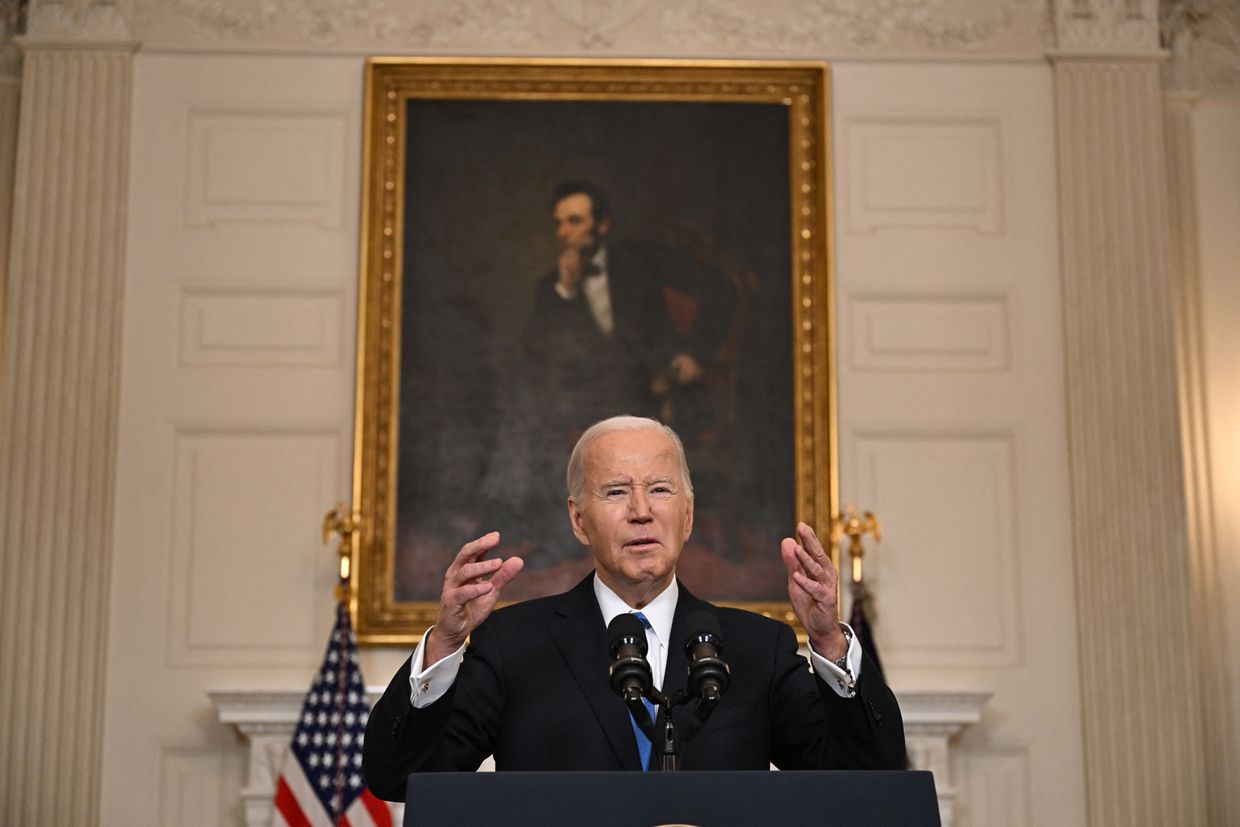Kremlin cites 'dangerous neighbors' as reason for internet restrictions before Victory Day

Mobile internet restrictions will be enforced in Moscow and several Russian regions while foreign officials visit the country, Kremlin spokesperson Dmitry Peskov said on May 7.
Peskov claimed the measures, which may last through May 10, are necessary due to "dangerous neighbors."
"These are not disruptions, but restrictions for obvious reasons. We want the glorious Victory Day to be celebrated at the appropriate level." he added.
The clampdown comes ahead of Russia's Victory Day, a key propaganda event for President Vladimir Putin marking the Soviet Union's defeat of Nazi Germany in World War II.
For a third straight day, the Kremlin reported downing Ukrainian drones approaching Moscow, forcing mass flight delays and diversions around the capital on May 7.
Internet disruptions began on May 5 during rehearsals for the May 9 Victory Day parade. The pro-government Telegram channel Baza reported restrictions affecting at least eight regions and 30 cities including St. Petersburg, and Moscow.
In Mordovia and Saransk, authorities shut down internet access after a Ukrainian drone attack targeted the Optical Fiber Systems plant. Astra, an independent Russian outlet, reported outages in Vladimir Oblast, Voronezh, Orel, and Taganrog.
On May 7, residents of Moscow and its surrounding region reported further disruptions, including ATM failures, halted card payments in stores, and food delivery issues, the pro-Kremlin outlet Careful, Moscow reported.
Ukraine has previously shown it can reach Moscow with drones. On May 8, a unilateral "humanitarian" truce, announced by Putin, is set to begin, lasting until midnight on May 11.
President Volodymyr Zelensky dismissed the move as a "theatrical performance," with experts telling the Kyiv Independent the announcement violates norms of ceasefire negotiations.
Chinese President Xi Jinping is expected to visit Russia from May 7–10 to discuss Ukraine, Russia-U.S. relations, and energy cooperation with Putin and attend the parade.
Other expected guests include Brazilian President Luiz Inacio Lula da Silva and Slovak Prime Minister Robert Fico, though Fico's attendance remains uncertain due to illness.
At least 29 world leaders and military personnel from 13 countries are expected at the parade.












